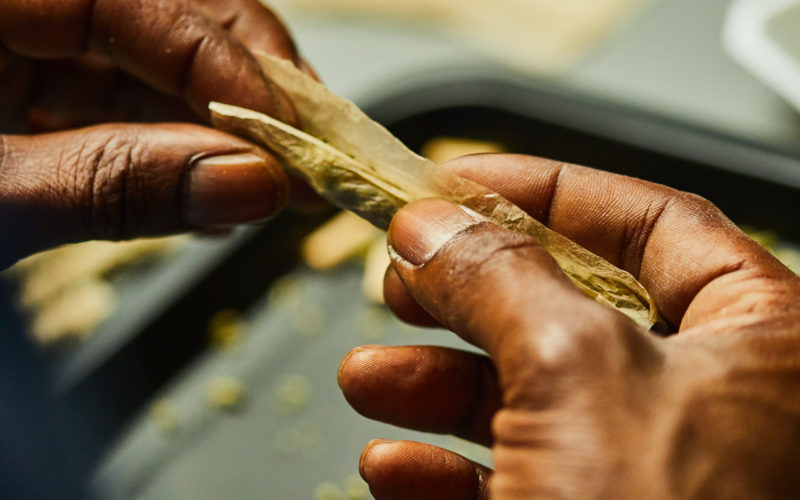Cannabis: The Social and Legal Perspective
In recent years, more and more countries have legalized the use of cannabis for medicinal and, in some cases, recreational purposes. In North America, for example, many U.S. states and Canadian provinces have enacted laws regulating cannabis consumption. In Europe, countries like the Netherlands and Luxembourg have also adopted a more relaxed approach to cannabis. These developments reflect a broader societal acceptance, raising questions about how sports, particularly professional football, are responding to this trend.Football’s Approach to Drugs
The World Anti-Doping Agency (WADA) still lists cannabis as a prohibited substance. However, in 2021, WADA relaxed its rules, increasing the threshold for a positive test from 15 ng/ml to 150 ng/ml of THC, the psychoactive compound in cannabis. This change primarily aims to tolerate recreational use outside of competition, while the use of cannabis during or immediately before a match remains punishable. This adjustment reflects the delicate balance that sports organizations worldwide must strike: On the one hand, they are under pressure to protect athletes and ensure fair competition; on the other hand, societal attitudes towards cannabis are becoming increasingly liberal.Cannabis in Football: Health Risks and Benefits
Football is a sport of peak performance, fitness, and mental resilience. How does cannabis fit into this picture? Opinions are divided:
Health Risks: Cannabis use carries certain risks, especially in a sport that demands high physical and mental performance. Studies have shown that cannabis can impair cognitive function—particularly reaction time, coordination, and decision-making. In football, where quick decisions and physical endurance are crucial, this could negatively affect performance.
Medical Benefits: On the other hand, cannabis, particularly cannabidiol (CBD), is seen by some athletes as a way to relieve pain and aid recovery from injuries. CBD, a non-psychoactive cannabinoid, has anti-inflammatory properties and is used by some footballers and other athletes to manage chronic pain or stress. The question here is whether this constitutes legitimate medical use or whether it has the potential for abuse.
Notable Cases: Football and Cannabis
There have been several high-profile cases of footballers being linked to cannabis. One famous example is the French player Lilian Thuram, who openly spoke about the problem of drugs in football. The Dutch player Edgar Davids also tested positive for cannabis at one point. Such cases raise the question of whether penalties and measures are justified and if consumption off the field truly impacts athletic performance.
The Future: Cannabis and Football in Transition
It is expected that the discussion surrounding cannabis in football will gain momentum in the coming years, especially as more countries legalize recreational use and new medical applications are explored. A key element of this debate will be the distinction between recreational use and medical use. The question of whether players can use CBD or THC products for recovery or pain relief is becoming increasingly significant.
Additionally, pressure on football governing bodies, including FIFA, will likely grow to create clear guidelines that reflect the changing reality of societal cannabis use without compromising the integrity of the sport. This may necessitate a re-evaluation of anti-doping rules and a more nuanced approach to differentiating between various cannabis products.
Conclusion
The relationship between cannabis and football is still in its early stages, but it is undoubtedly a growing issue in the sport. While health risks and adherence to anti-doping regulations remain at the forefront, the use of medical cannabis may offer new possibilities for pain management and player recovery. How football will position itself on this issue in the long term remains to be seen, but it is clear that the debate is part of a broader societal shift, and the world of sports will inevitably have to adapt.





